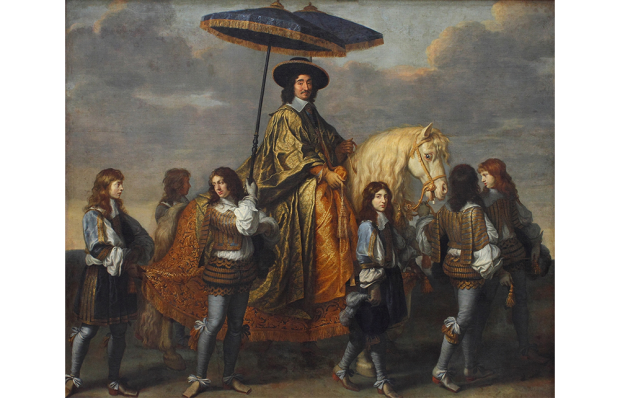Sometimes the opposite of a good idea is, as Niels Bohr said, another good idea. But the converse is also true. The opposite of a bad idea can easily be an even worse idea. Something like this seems to have happened with the expansion of British higher education.
When I left university in 1988, if you wanted a reasonable first job, a degree from a Russell Group university was probably sufficient but not necessary. Now it seems to be necessary but not sufficient. The result is that a large number of perfectly capable but non-academic people are excluded from having a stab at many jobs, where for all we know they could be brilliant. But it has also led to the emergence of bizarre and wasteful forms of hyper-competitive behaviour among those who play the credentials game. And it has become a game.
To give one example, when applying to top management consultancies, it is widely known that various text-analysis algorithms are used automatically to sift job applications. Now here’s the thing. Many of the nerdier applicants know this. So they start by composing perfectly sensible applications to email to prospective employers. But before they send them (and I promise I’m not making this up) they type a series of positive adjectives and descriptors — ‘Nobel Laureate… Double Olympic Medallist… Becomes mildly aroused by the sight of a spreadsheet…’ at the bottom of their CV; then they change the font colour of these words to white. This way, they are invisible to the human eye, but remain legible to the computer which is making the decision.
This kind of thing is nuts. But perhaps the consultancies are no less silly in pursuing such an approach to begin with. Because it rests on the assumption that the optimal way to build an elite organisation is by assembling a homogeneous group of similarly elite, overeducated, hyper-competitive individuals. It isn’t. One MBA in a group might be valuable — whereas ten is often a formula for groupthink and collective idiocy.
Dr William Muir is an evolutionary biologist at Purdue University. In the 1990s, in a landmark experiment in poultry eugenics, he set out to create super-chickens, breeding from only the top-laying single hens in any group. Compared with the control group, the results were a catastrophe. Placed together, the uber-chickens produced very few eggs — and spent most of the time pecking each other to death. The best solution was not to breed from hens which were most productive individually, but to breed only from the most productive groups. If you are interested in knowing more, there is a Ted Talk by Margaret Heffernan on this topic.
I was reminded of this finding last week when watching the masterpiece that is Clarkson’s Farm. The farm is worked by five of the most incongruous individuals imaginable — it is almost Shakespearean in capturing the breadth of humankind, and the series is unfailingly entertaining as a result. But there are many deeper levels at which you can watch it. For instance, the breakout hero of the series, the tractor driver Kaleb Cooper, is the perfect embodiment of tacit knowledge — in Michael Polyani’s phrase, the fact ‘that we know much more than we can tell’. Kaleb has never heard of Oklahoma or Moses, but in reversing a trailer into a narrow gate — a perfect example of a skill you can acquire but not teach — you would bet on him against any engineering professor on Earth.
The amusement value of the series lies in the absurdly different characters it depicts. The deeper lesson which emerges is that this breadth is not a bug but a feature. In the short term, the farm would run better if Kaleb or the farm manager Charlie Ireland were exclusively in control. In the long term, it needs all of them.
Got something to add? Join the discussion and comment below.
Get 10 issues for just $10
Subscribe to The Spectator Australia today for the next 10 magazine issues, plus full online access, for just $10.
You might disagree with half of it, but you’ll enjoy reading all of it. Try your first month for free, then just $2 a week for the remainder of your first year.















Comments
Don't miss out
Join the conversation with other Spectator Australia readers. Subscribe to leave a comment.
SUBSCRIBEAlready a subscriber? Log in